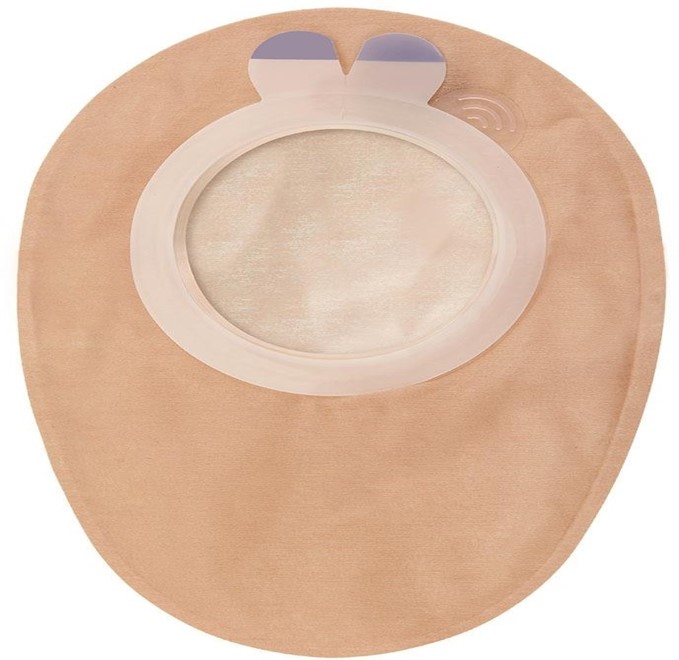Four clients are scheduled to receive IV infusions, but there are only three intravenous (IV) pumps available. Which prescribed infusion can most safely be administered without an IV infusion pump?
Ceftriaxone in 5% Dextrose in Water prescribed for pneumonia.
Heparin in Normal Saline prescribed for deep vein thrombosis.
Magnesium in Normal Saline prescribed for hypomagnesemia.
Regular insulin in Normal Saline prescribed for ketoacidosis.
The Correct Answer is A
Choice A reason: Ceftriaxone is an antibiotic that can be given by gravity infusion without an IV pump, as long as the nurse monitors the flow rate and adjusts the roller clamp as needed. The dose and duration of ceftriaxone are usually fixed and not affected by minor fluctuations in the infusion rate.
Choice B reason: Heparin is an anticoagulant that requires a precise and constant infusion rate to prevent bleeding or clotting complications. An IV pump is essential to deliver heparin safely and accurately.
Choice C reason: Magnesium is an electrolyte that can cause serious adverse effects such as cardiac arrhythmias,
respiratory depression, and muscle weakness if infused too rapidly or too slowly. An IV pump is necessary to control the infusion rate and prevent magnesium toxicity or deficiency.
Choice D reason: Regular insulin is a hormone that regulates blood glucose levels and requires careful titration based on frequent blood glucose monitoring. An IV pump is required to deliver insulin at a consistent and adjustable rate to avoid hypoglycemia or hyperglycemia.

Nursing Test Bank
Naxlex Comprehensive Predictor Exams
Related Questions
Correct Answer is D
Explanation
Choice A Reason: This action requires assessment and evaluation skills, which are beyond the scope of practice of the PN. The nurse is responsible for providing client education and ensuring that the client understands the discharge instructions.
Choice B Reason: This action requires teaching and evaluation skills, which are beyond the scope of practice of the PN. The nurse is responsible for educating the clients about their prescribed dietary changes and assessing their learning needs and readiness.
Choice C Reason: This action requires critical thinking and decision-making skills, which are beyond the scope of practice of the PN. The nurse is responsible for establishing the blood pressure parameters for client monitoring and adjusting them as needed.
Choice D Reason: This action can be safely delegated to the PN, as it involves reinforcing previous teaching done by the nurse. The PN can review the diet information with the client and answer any questions they may have.
Correct Answer is ["B","C"]
Explanation
Choice A Reason: Identifying locations of skin lesions on a newly admitted client is a nursing assessment that requires clinical judgment and cannot be delegated to the UAP.
Choice B Reason: Emptying the ostomy bag for a client with a temporary colostomy is a routine task that does not require clinical judgment and can be delegated to the UAP.
Choice C Reason: Providing a complete bed bath for a comatose client is a routine task that does not require clinical judgment and can be delegated to the UAP.
Choice D Reason: Performing foot care including toenail trimming and heel care is a nursing intervention that requires clinical judgment and cannot be delegated to the UAP. The UAP may cause injury or infection to the client's feet, especially if the client has diabetes or peripheral vascular disease.
Choice E Reason: Giving mouth care to an elderly client who has a tracheostomy is a nursing intervention that requires clinical judgment and cannot be delegated to the UAP. The UAP may cause trauma or aspiration to the client's trachea, especially if the client has poor oral hygiene or respiratory secretions.

Whether you are a student looking to ace your exams or a practicing nurse seeking to enhance your expertise , our nursing education contents will empower you with the confidence and competence to make a difference in the lives of patients and become a respected leader in the healthcare field.
Visit Naxlex, invest in your future and unlock endless possibilities with our unparalleled nursing education contents today
Report Wrong Answer on the Current Question
Do you disagree with the answer? If yes, what is your expected answer? Explain.
Kindly be descriptive with the issue you are facing.
